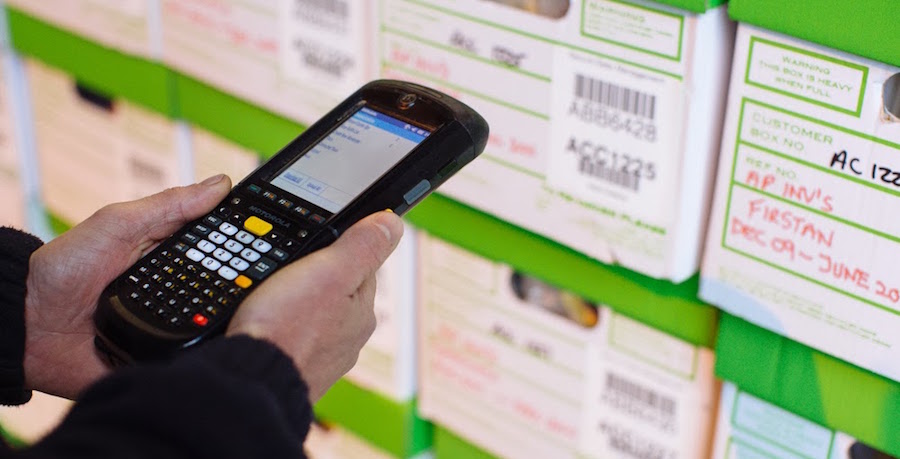The Prime minister, David Cameron, has promised to make UK broadband services faster for everyone by 2020. Regardless of where a person is connecting from in the country they will have a broadband speed of at least 10Mbps. As it stands, 83% of UK internet users currently have access to super fast broadband and this figure is set to rise to 95% by 2017. In 2010 this figure stood at 45%, so clearly huge progress has been made already.
A super fast broadband speed is defined as being 24Mbps and above, which is less than the speed that the Prime minister is promising. However, the government is planning to launch a “universal service obligation” (USO) scheme. Such schemes already exist for other services, such as post and electricity, to ensure that even those in the most remote parts of the UK will be able to use a fast broadband connection.
The scheme is to make broadband connections as vital a service to UK homes and businesses as electricity or water. This demonstrates just how critical reliable and quick internet has become to Britons and their businesses. Cameron has described access to broadband as a legal right and not a “luxury”. Although Cameron’s pledge will not be in operation until the end of this government, minimum broadband speeds are supposed to be at 2 Mbps by the end of this year.
Labour have criticised the government’s proposals, arguing that it remains unclear how the changes will be funded and when they will be implemented. Indeed it is likely that the infrastructure required to make Mr. Cameron’s plans a reality will cost hundreds of millions to put in place. Having said this, Cameron’s plans might be made cheaper by the telecoms firm BT’s recent commitment to speed up UK broadband so that the minimum broadband speed will be increased to 5-10Mbps. BT has also aimed to introduce fibre broadband to 95% of UK homes and businesses after having already reached their previous goal of getting fibre broadband to two thirds of the UK.
As expected, groups representing rural businesses have come out in favour of the plans, such as The Country Land and Business Association which described the announcement as a “major breakthrough for rural communities”. UK rural businesses, which more often than not tend to be SME businesses, have criticised private telecoms firms in the past for their poor efforts in introducing fast broadband.
SME businesses based in remote locations often find themselves at a disadvantage to their competitors situated in more populous areas. Where a business is operating from in the UK could have a huge impact on its ability to quickly connect and communicate with others. With this in mind some local communities have resorted to setting up their own broadband networks after being continually frustrated by their local areas’ slow connection speeds.
For instance, businesses in Wales in particular often struggle with the slower than average broadband speeds there. A Welsh Minister has warned in the wake of Cameron’s announcement that the government still has some way to go in ensuring fast broadband speeds in the most remote parts of Wales.
Nonetheless the announcement will certainly be welcomed by SMEs who frequently find their business operations halted due to dodgy broadband connections. Nothing is more frustrating than a slow internet connection when you are under pressure and working towards a deadline. For businesses outside of the UK’s biggest cities a good internet connection is a lifeline for business continuity and with a lot of businesses now transferring high volumes of data across the web it is more imperative than ever that their broadband can keep up to speed.











